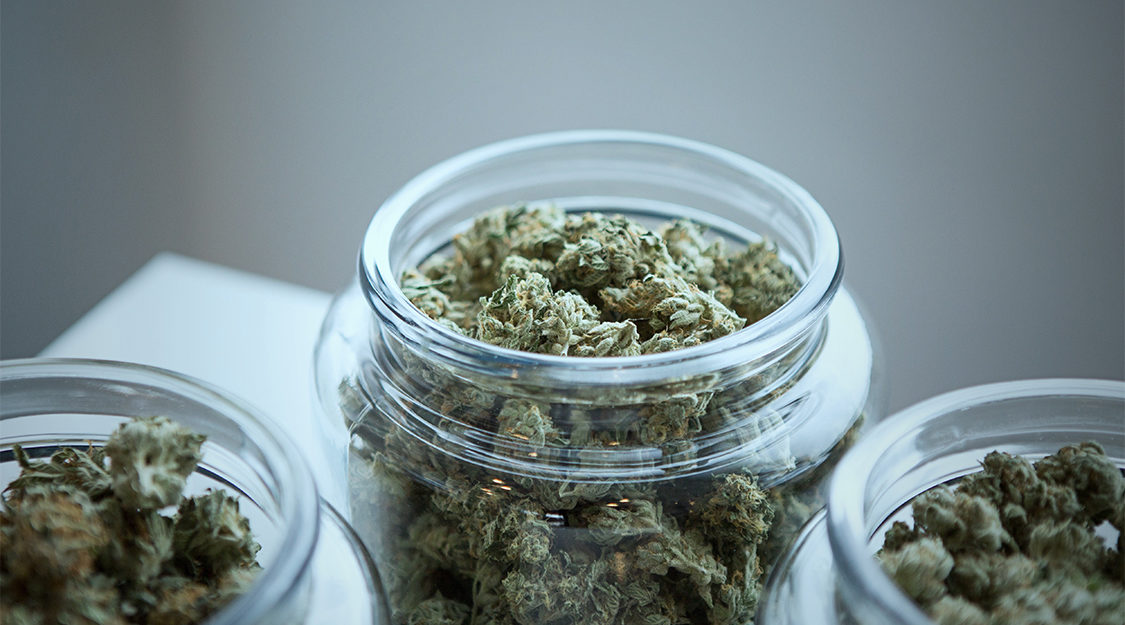Employee High at Work: What Are Your Rights in Canada?

Can You Be High at Work in Canada?
In Canada, being high at work is not automatically illegal, but it can lead to serious workplace consequences. Whether the substance is cannabis, prescription medication, or another drug, employers have a duty to ensure a safe workplace.
Under both provincial health and safety laws and employer policies, employees must not be impaired while performing their duties—especially if their work involves safety-sensitive tasks, such as operating machinery or driving.
In short:
- Recreational use before or during work hours can justify discipline or dismissal.
- Medical or disability-related use may trigger your employer’s duty to accommodate under human rights law.
- Employers must have objective evidence of impairment before taking action.
Can You Be Fired for Being High at Work?
Yes — you can be fired for being high at work, but only in certain situations. Termination must be reasonable and proportionate based on the circumstances.
An employer can terminate you for cause (without severance) only if:
- Your impairment created a safety risk to you or others;
- You violated a clear workplace policy that prohibits substance use;
- There is documented evidence that you were impaired on the job and refused to comply with company policy.
If you were fired without proof or without being given a fair chance to explain (for example, if you have a medical condition), the termination may be wrongful dismissal in Canada. In that case, you could be entitled to full severance pay — up to 24 months’ pay in some cases.
Accused of Being High at Work — What Should You Do?
If your employer accuses you of being high at work, don’t panic. The best approach is to stay calm and document everything.
Here’s what to do:
- Ask for details — what specific behaviour or evidence led to the accusation?
- Do not admit guilt without understanding the allegation.
- Provide context — if you take prescribed medication or have a medical condition, explain that fact (ideally with documentation).
- Avoid signing anything without reviewing it.
- Speak to an employment lawyer before responding to any disciplinary action or termination notice.
A wrongful accusation could damage your reputation and career. Legal advice helps you understand your options and protect your rights.
Is It Illegal to Be High at Work in Canada?
While there’s no specific federal law banning being high at work, most workplaces are regulated by occupational health and safety legislation and company drug policies.
Employers can lawfully prohibit impairment on the job, even if cannabis is legal. For example:
- It’s illegal to drive or operate heavy equipment while impaired.
- Federally regulated industries (like transportation or aviation) have zero-tolerance policies for drugs and alcohol.
- Even in non-safety roles, employers can enforce rules that maintain productivity and professionalism.
Medical Marijuana and Human Rights
If your impairment stems from prescribed medical cannabis, your employer has a duty to accommodate up to the point of undue hardship. That means they must explore adjustments—such as modified duties, different shifts, or alternative medication—before considering termination.
However, this protection applies only when:
- You have medical documentation confirming your prescription;
- You inform your employer about your need for accommodation; and
- You can still perform essential job duties safely.
Key Takeaway
If you’ve been accused of being high at work or fired for impairment, don’t assume you’ve lost your rights. Employers must prove impairment and follow proper legal processes before taking disciplinary action.
You may be entitled to compensation or reinstatement, especially if the situation involves medical use or unfair assumptions.
SEE ALSO
• The Globe and Mail – I was Fired for Possessing Marijuana at Work. Is that Allowed?
• Toronto Heavy Machine Operator Gets Job Back After Cannabis Scandal
Speak to an Employment Lawyer Today
If you’ve been fired, suspended, or accused of being high at work, our team can help. Samfiru Tumarkin LLP has successfully represented thousands of non-unionized employees across Canada in wrongful dismissal and human rights cases.




